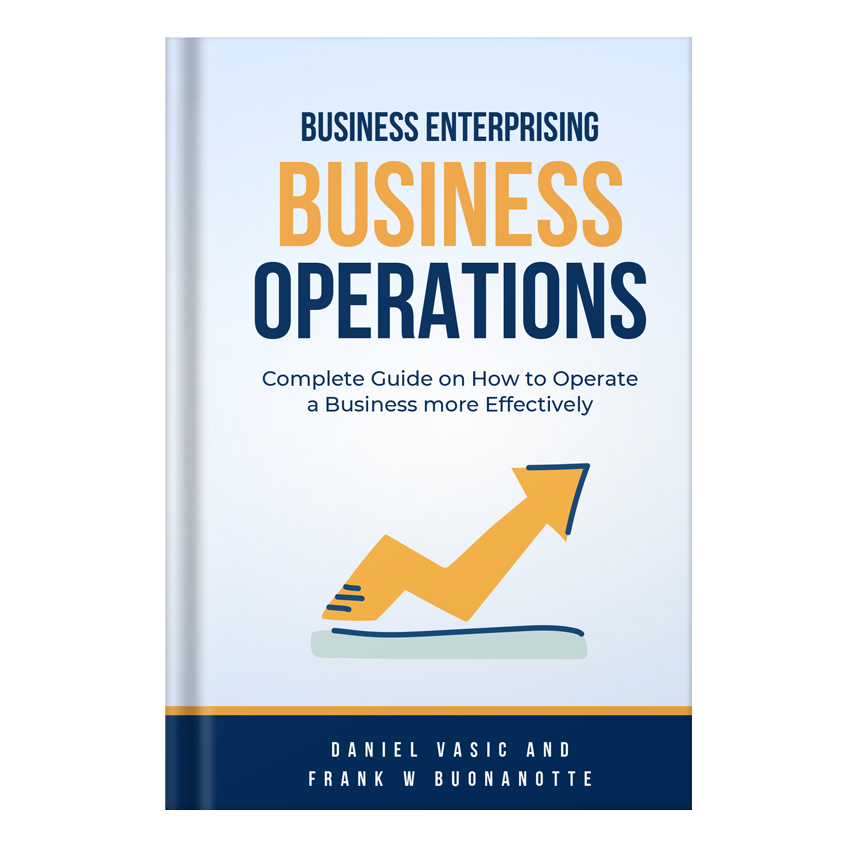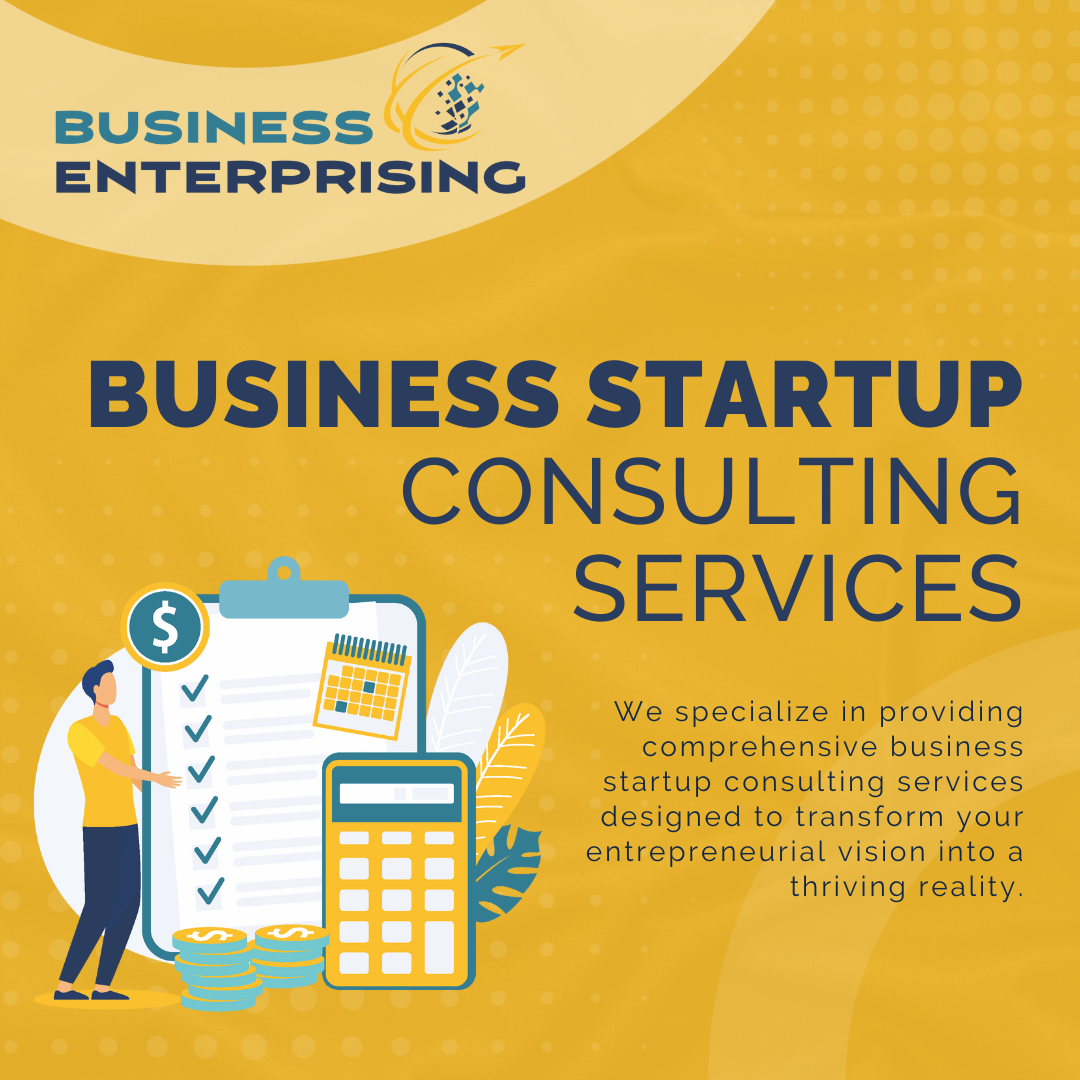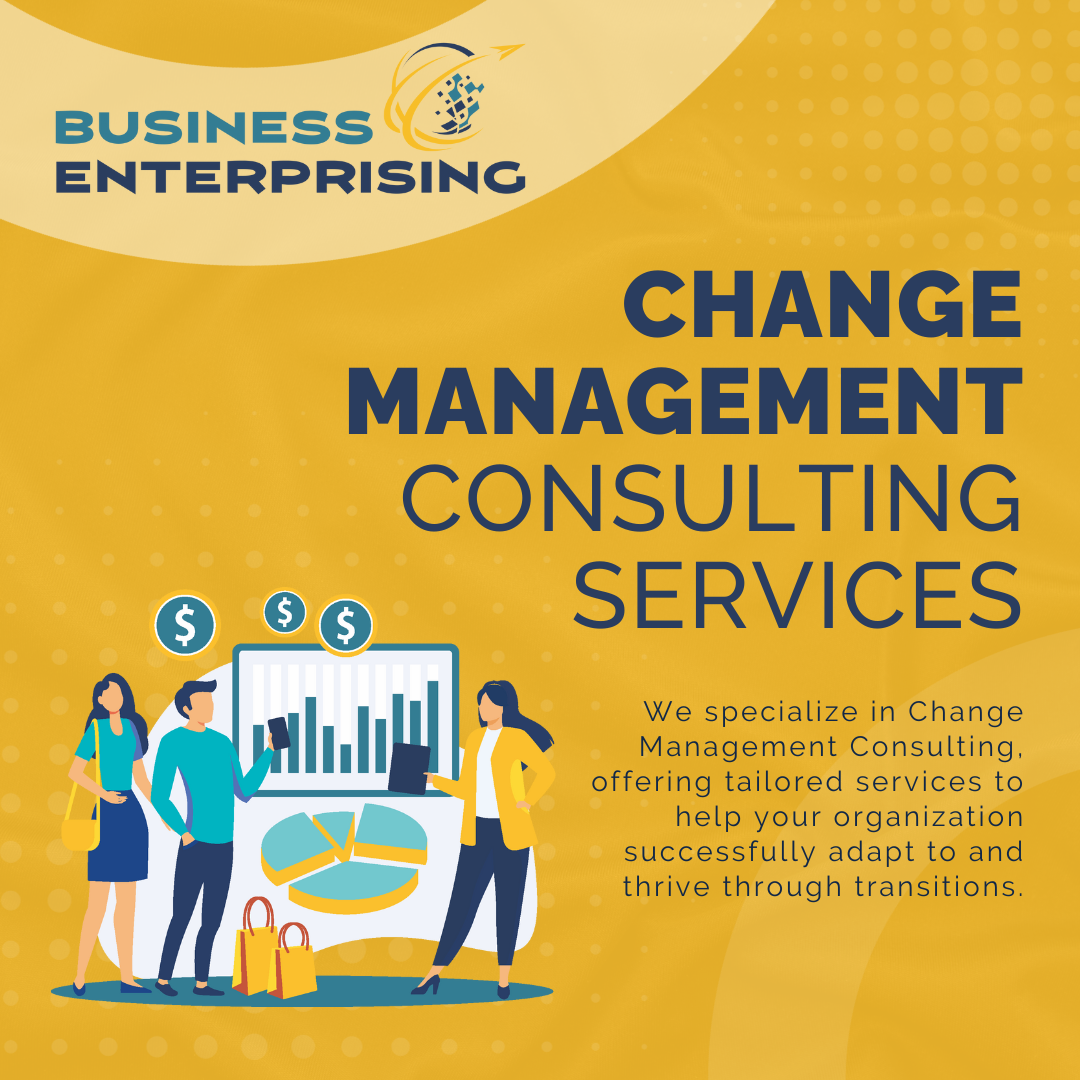Website Design Mistakes to Avoid
Creating a professional and effective website is essential for businesses looking to engage customers and drive conversions. However, there are several website design mistakes to avoid that can negatively impact user experience, SEO, and overall site performance. These mistakes can lead to higher bounce rates, lower engagement, and missed opportunities. Below you’ll find common website…
Read articleChange Management Best Practices
Successfully implementing change within an organization requires thoughtful planning, effective leadership, and employee engagement. Change Management Best Practices are crucial for ensuring that transitions are smooth, minimizing resistance, and fostering long-term adoption. Whether your organization is undergoing a digital transformation, restructuring, or implementing new processes, adhering to best practices can significantly improve the outcomes of…
Read articleConsultants for US Market Entry
Consultants for US Market Entry play a critical role in helping businesses navigate the complexities of expanding into one of the world’s largest and most competitive markets. Whether your company is a startup looking to scale globally or an established business aiming to break into the US, consultants with expertise in market entry can significantly…
Read articleGet Rich Using AI
Do you want to know how to get rich using AI? Artificial intelligence (AI) is one of the most disruptive technologies in today’s digital landscape, and for those who know how to leverage its potential, the financial rewards can be immense. If you’re looking to get rich using AI, the opportunities are vast and varied.…
Read articleA Guide to US Market Entry
Entering the US market can present a transformative opportunity for businesses seeking to expand globally. With one of the largest and most diverse economies in the world, the United States offers immense potential for growth. However, this venture comes with its own set of challenges, including legal, cultural, and financial hurdles. A Guide to US…
Read articleMeasuring the Impact of Change Management
Measuring the impact of change management is essential to determine whether organizational changes are achieving their desired outcomes. Without effective measurement, it’s difficult to understand if the changes made are benefiting the organization or if adjustments are necessary. Below, we’ll discuss the importance of measuring change management. We’ll also outline key metrics to track, and…
Read articleMicrosoft Excel Spreadsheet Hacks
If you’re looking for ways to optimize your workflow, leveraging Microsoft Excel spreadsheet hacks can be a game-changer. Whether you’re managing financial data, conducting analyses, or tracking business metrics, mastering Excel can significantly reduce the time spent on routine tasks. Below you’ll find advanced Excel tips and tricks that can help you work smarter, not…
Read articleE-Commerce Conversion Tips
Improving your e-commerce conversion rate is one of the most effective ways to grow your business. Conversion refers to the process of turning website visitors into paying customers. While traffic is essential, it’s the rate at which visitors make a purchase that truly drives profitability. By focusing on key e-commerce conversion tips, you can significantly…
Read article





















